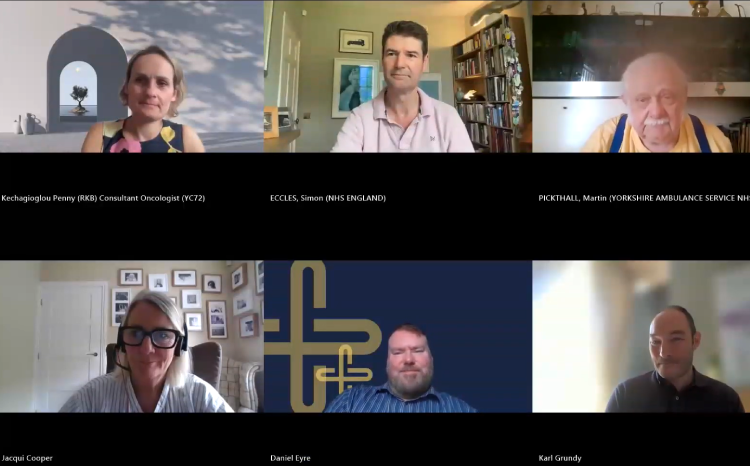Overview
A recent panel discussion highlighted significant obstacles to the UK government’s digital health initiatives, particularly concerning the NHS App. Experts pointed out that siloed data within the NHS and the absence of standardized health data are major hurdles.
Webinar Insights
The webinar, organized by Digital Health Networks on July 25, 2025, focused on the aspirations outlined in the 10-year health plan for the NHS App, envisioned as the “new front door” to healthcare services.
Key Challenges Identified
- The NHS App, along with a single patient record, could empower patients in managing their healthcare.
- Experts noted several challenges that need addressing for successful implementation.
Expert Opinions
Penny Kechagioglou, chair of the Chief Clinical Information Officer (CCIO) Network Advisory Panel, emphasized the potential of the NHS App to standardize healthcare practices. She stated:
“I see patients using different apps and it’s very confusing for them and it’s poor patient experience. It has to be one way of doing things. It has to be efficient, and it has to be a good patient experience.”
Jacqui Cooper, a member of the Integrated Care System Digital Council, raised concerns about the complexities surrounding data input into the app and the confusion caused by the numerous existing applications:
“How do we now, with a clear drive to utilize the NHS App, almost backtrack and find what’s out there in order to get it to a single front door? I think that’s a huge challenge.”
Daniel Eyre, vice president of business development at CereCore, suggested that the NHS App could serve as a gateway to other applications, facilitating better integration of information:
“We could deliver some of these digital services via the NHS App and then once you’re doing that, you can then integrate some of that information back into clinical records.”
Simon Eccles, chief health officer at Salesforce, highlighted the need for accurate data aggregation to ensure that NHS data is consistently linked to individual citizens:
“We’ve got the NHS number, but we don’t use it in most hospitals. I think that’s nuts.”
Concerns About Digital Exclusion
Martin Pickthall, chair of the Humber Primary Care Patient Participation Group, pointed out the issue of data silos and the reluctance of clinicians to share information. He argued that:
“Until the law is changed to make it that the information belongs to the patient – not the hospital, not the doctor – that won’t change.”
He also expressed concern that older individuals might be left out of the NHS’s digital plans, citing an example of an elderly neighbor who lacks access to technology:
“There’s no way she can use the NHS App.”
Conclusion
The session was moderated by Karl Grundy, managing director at Digital Health. The discussions underscored the need for a cohesive strategy to overcome the barriers posed by non-standardized health data and to ensure that digital health initiatives are inclusive for all demographics.
